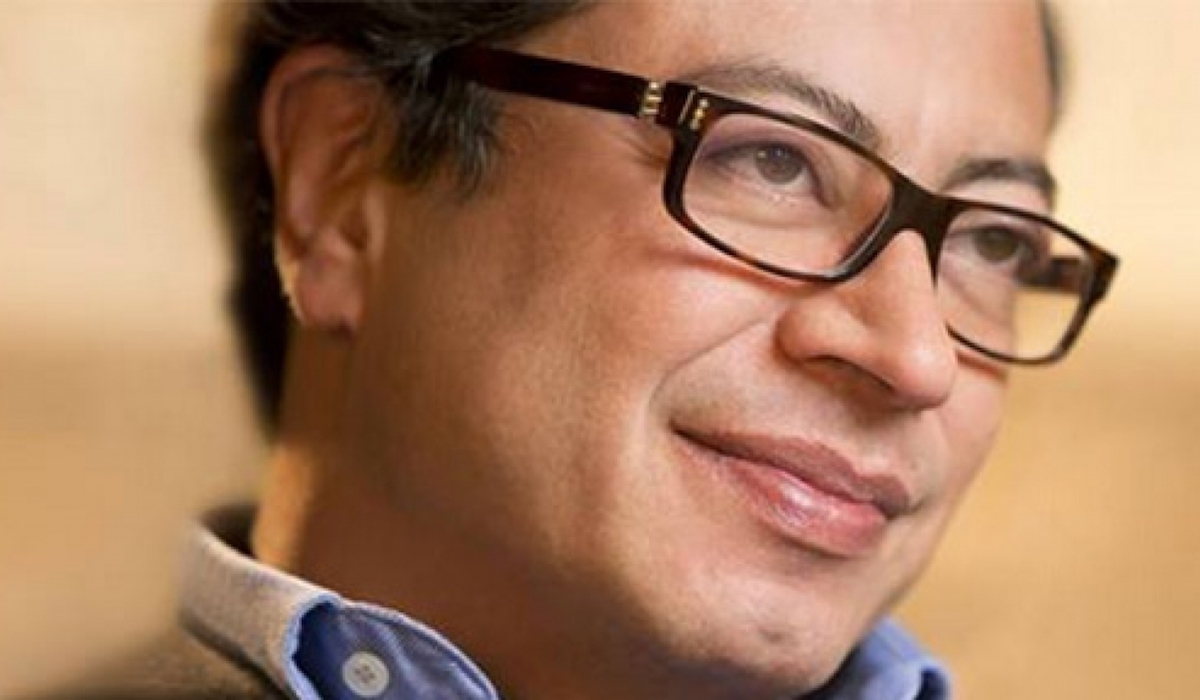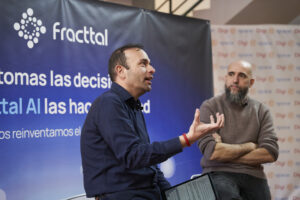In less than four months, on May 27, Colombians will go to the polls to select their next president. As the date approaches, polls have consistently placed leftist and former M19 terrorist (The 19th of April Movement) Gustavo Petro ahead in the polls.
What once looked unlikely now seems to have become a very real possibility: A former M19 terrorist and ex-convict who served 18 months in prison on weapons charges could win Colombia’s presidency.
The label ‘terrorist’ is justified in Petro’s case as he was a declared member of the 19th of April Movement and of Alianza Democrática M-19. The M-19 killed, kidnapped and bombed, terrorizing the country in the 80’s, culminating in the siege of the embassy of the Dominican Republic. It was recognized by the international organizations as a terror movement. While the FARC were a guerrilla group locked in a civil war with Colombia, the M-19 undoubtedly deserve the label terrorists.
Foreign investors are beginning to take notice. The rates of return of so-called Colombian Yankee bonds, bonds issued by the nation but denominated in dollars, have risen a remarkable 40 basis points in only the past two weeks. The rise is a clear indicator that international investors are beginning to lose confidence in the country.
This week Petro, born in Ciénaga de Oro in Colombia’s Córdoba province, began promoting his presidential platform positions. In interviews with various news publications, Petro has focused upon segregation and inequality between the classes, eliminating corruption and addressing climate change. However, his populist speeches at rallies on the coast of Colombia and in Bogotá, both liberal strongholds, speak to a style of socialism that is all too familiar to investors in Latin America.
In these speeches, Petro speaks glowingly of former Venezuelan socialist Hugo Chávez, and of creating social equality through wealth redistribution, higher taxes and more government control.
“I have known Chavez for 19 years, before he was president and I was mayor,” Petro said in a speech in 2013 to mark Chavez’s death. “We walked the Carrera Séptima [a famous avenue in Bogotá] and spoke about the dreams of the liberator (Simon Bolivar), we had a political discourse about how to create social justice and how Bolivar can live again by uniting the diversity of Latin America. Today I say goodbye to an immense man who managed to reduce poverty like no other Latin American ruler.”
More recently, Petro has advocated for nationalization of the country’s employee pensions and health savings accounts. These accounts are currently in the hands of private banks.
Like Chavez before him, Petro finds his support among Colombia’s most economically disadvantaged. The poverty is most concentrated in the country’s coastal regions where, according to DANE (Colombia’s National Administrative Department of Statistics), 41.8 percent of inhabitants find themselves in an economically vulnerable situation.
But Petro has also been successful at branching his support to other sectors with promises of loan forgiveness, more government benefits and a promise to confront Colombia’s mining sector and advocate for policies that address global climate change. Last week, the country’s Green Alliance (Alianza Verde) announced its support for his campaign.
Given his strong base of support and the attraction of his populist rhetoric, investors now realize that it is very likely that Petro will finish in top two of May’s presidential election. If he does but does not receive at least 50 percent of the vote, the election will proceed to a run-off to be held on June 17.
As the possibility of a Petro presidency begins to take hold, foreign investment into Colombia is expected to slow. Should Petro actually win the presidency, it would likely mean an immediate flight of investment capital and foreign-owned businesses from the Andean nation. As an investor with about 3 million dollars invested in Colombia, I will probably be seeking to move out of the country should he win the election. Colombian bonds and the Colombian peso would also face serious headwinds, according to Mario Castro, a Latin America FX and Rates Strategist at Nomura in New York. That flight of capital, unfortunately, would likely bring the dream of a Colombian economic resurgence along with it to an untimely end.
Michael Puscar is an entrepreneur, investor and philanthropist based in Medellín, Colombia and the founder of GITP Ventures. He has written extensively about Colombian politics, the economy and technology and is a guest contributor to Colombia Focus. Opinions expressed in this column do not necessarily reflect the opinion of Colombia Focus or its editors.





